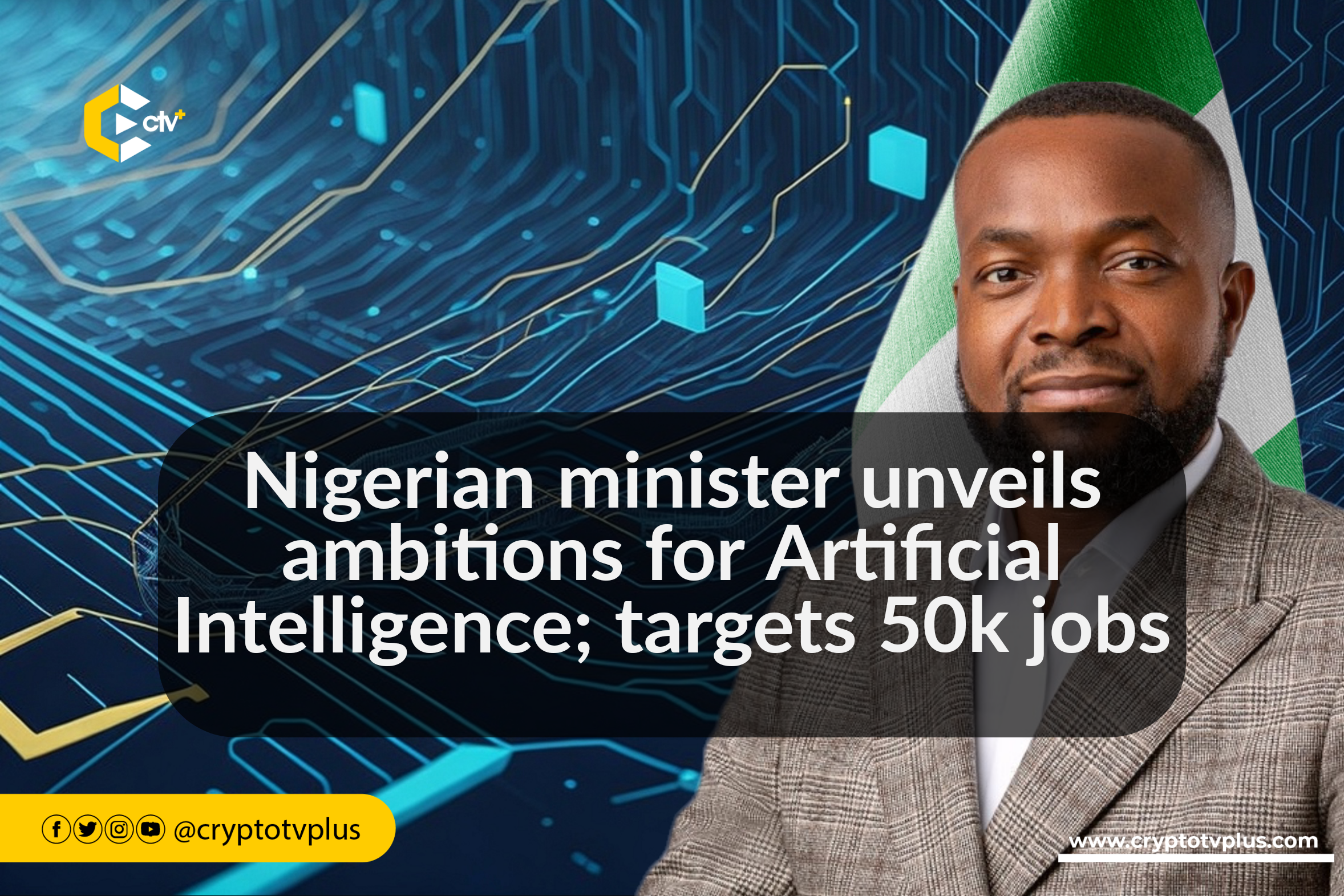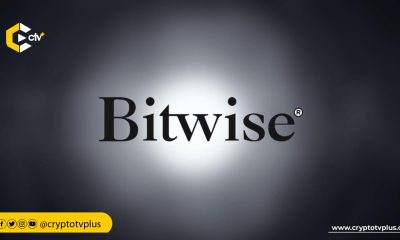News
Nigerian minister unveils ambitions for Artificial Intelligence; targets 50k jobs
Nigeria’s Communication Minister has ambitious goals for the future. By 2026, the aim is to make 60% of government data accessible to the public. Additionally, Nigeria aims to secure a spot among the top 50 AI rankings by 2030. The long-term plan also includes the creation of 50,000 jobs in the field of AI by the same year.

In a bid to drive the development and adoption of AI in Nigeria, the Minister of Communications, Innovation, and Digital Economy, Dr. Bosun Tijani, has projected that the nation will be ranked among the top 50 nations for AI readiness and adoption by 2030.
The Minister made this known in a National AI Strategy plan outlined to drive Nigeria’s digital economy which he had in late August unveiled his plans to co-create the national AI strategy plan. Dr. Bosun said that this project is planned to also yield a minimum of 50,000 AI-based jobs for Nigerians at the close of the decade.
The AI boom
Artificial Intelligence is one of the fastest-growing technologies globally, showing significant advancements in the past year. As early as 1956, John McCarthy and Marvin Minsky held one of the pioneering events talking about AI.
However, the last 12 months has seen an unprecedented advancement that has produced down to earth use cases such as ChatGPT. Within two months of its launch, it attracted more than 100 million users worldwide.
Also the potential of AI is so huge Bloomberg projects a market value of over $1 trillion by 2032. It’s not surprising as several top firms are leading the charge, including OpenAI, Microsoft, Facebook, Amazon, and Web3 firms as well.
In the last twelve months, the CBN also announced plans to integrate emerging technologies, including AI, into its national financial strategy. This is in line with global awareness of the essence of AI in changing how things and economies have functioned until now.
“Artificial Intelligence will usher in a new era of technological and economic transformation over the next 2 decades,” the Minister said. “As an emerging economy, it is imperative that we formulate a far-reaching national strategy to harness the potential of AI in an inclusive and responsible manner.”
He believes that this step will place the nation “as a top 10 location for AI model training and talents globally” and make Nigeria “a global leader in accelerating inclusivity in AI dataset.”
Nigeria Data Policy
Furthermore, the minister notes although there are risks associated with data misuse and breaches, there are plans to also revamp the data infrastructure of the nation. “Data has become a critical input for value creation and economic transformation in today’s digital world,” he said.
He promised that the ministry will “drive the review and implementation of the Nigeria Open Data Policy, which provides for free public access to non-sensitive public-sector data.” Dr. Bosun believes that this will bolster “innovation, improve citizen engagement and access to public services, enable value creation and unlock economic value.”
The minister adds that the target is to make “60% of relevant government data by the end of 2026” accessible to the public.
Read also; Nigeria’s Fintech landscape: from imports to homegrown success
























